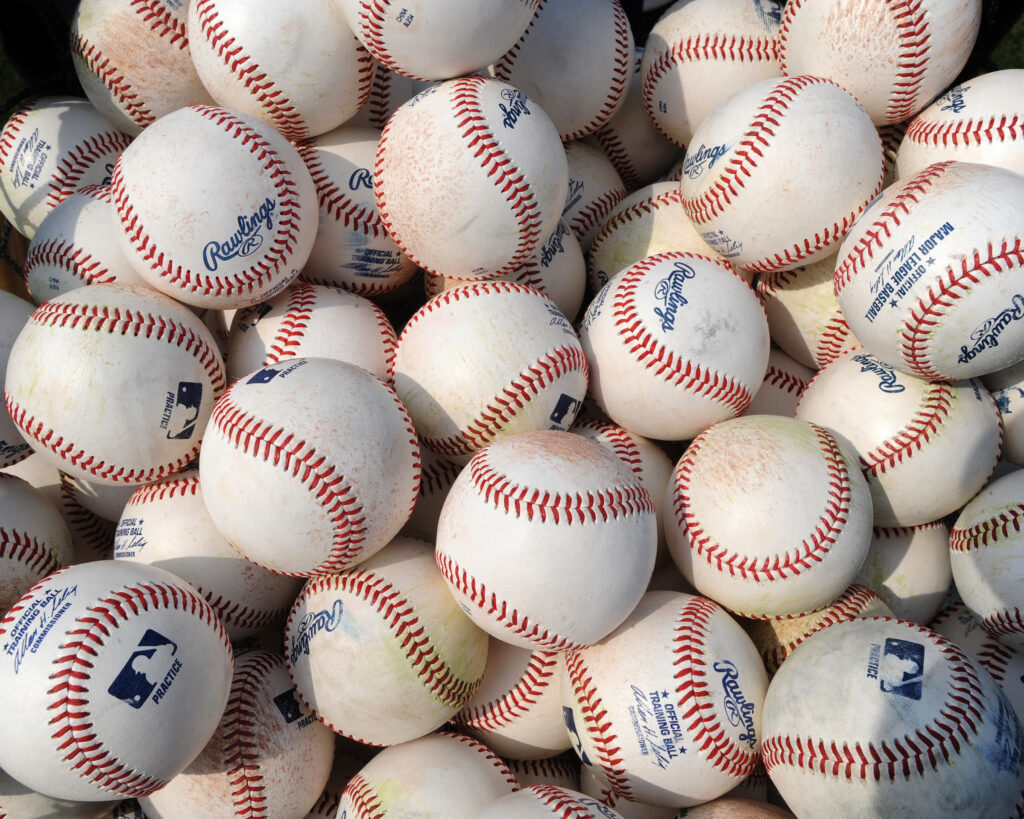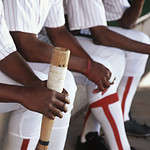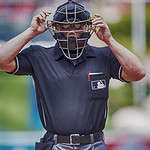Minor league baseball players are often overlooked when it comes to the discussion of professional athletes’ salaries. While Major League Baseball players can earn millions of dollars per year, minor leaguers are paid significantly less. In fact, many minor league players earn less than the federal minimum wage.
The issue of minor league player pay has gained increased attention in recent years. In 2021, a group of former minor league players filed a lawsuit against Major League Baseball, claiming that they were not paid minimum wage and overtime despite working long hours. The lawsuit was settled for $10 million, but it brought to light the struggles that many minor league players face when it comes to their salaries.

Average Salaries
Minor league baseball players are known for their passion for the sport, but their salaries are not as impressive as those of their Major League counterparts. The average salaries of minor league baseball players vary depending on the level of the league they play in. Here is a breakdown of the average salaries of minor league baseball players in Single-A, Double-A, and Triple-A leagues.
Single-A
Single-A is the lowest level of minor league baseball. Players in this league earn an average salary of $6,000 to $10,000 per season. This salary is not much considering the long hours and the hard work that these players put in every day. Most players in this league have to work part-time jobs to make ends meet.
Double-A
Double-A is the second-highest level of minor league baseball. Players in this league earn an average salary of $12,000 to $15,000 per season. The salary is a bit higher than Single-A, but it is still not enough to live on. Players in this league also have to work part-time jobs to supplement their income.
Triple-A
Triple-A is the highest level of minor league baseball. Players in this league earn an average salary of $15,000 to $25,000 per season. The salary is higher than Single-A and Double-A, but it is still not comparable to the salaries of Major League players. Players in this league also have to work part-time jobs to make ends meet.
In conclusion, Minor League baseball players do not make a lot of money. The average salaries of minor league baseball players vary depending on the level of the league they play in. Single-A players earn the least, while Triple-A players earn the most. Despite the low salaries, these players continue to play the sport they love and work hard every day to achieve their dreams of playing in the Major Leagues.

Factors Affecting Salaries
Draft Position
A player’s draft position is a significant factor in determining their salary. Players who are drafted higher in the draft typically receive higher signing bonuses and salaries than those who are drafted later. For example, a first-round draft pick can receive a signing bonus of several million dollars, while a player drafted in the later rounds may receive only a few thousand dollars.
Experience and Performance
A player’s experience and performance also play a role in determining their salary. Players who have more experience and have performed well in previous seasons are more likely to receive higher salaries than those who are just starting out or have had a poor performance record. Additionally, players who have been promoted to higher-level teams within the minor league system may also see an increase in their salary.
Team and League
The team and league a player is a part of can also affect their salary. Some minor league teams are affiliated with major league teams, and players on those teams may receive higher salaries due to the financial support of the major league club. Additionally, some leagues may have higher salary caps or minimum salaries than others, which can impact the salaries of players within those leagues.
Overall, there are several factors that can impact the salaries of minor league baseball players. While draft position, experience, and performance are significant factors, the team and league a player is a part of can also play a role in determining their salary.
Other Compensation
Minor league baseball players receive more than just their salary. Here are some of the other compensation they can receive:
Housing and Food
Many minor league teams provide housing to their players. This can range from a shared apartment to a host family. Some teams also provide food to their players, either through a team meal program or a food stipend. However, not all teams provide housing or food, and players may need to find their own accommodations and meals.
Healthcare and Insurance
Minor league baseball players are not eligible for the same healthcare and insurance benefits as Major League Baseball (MLB) players. However, some teams do offer healthcare and insurance benefits to their players, either through the team or through the league. Players may also be eligible for workers’ compensation if they are injured on the job.
Bonuses and Endorsements
Minor league players can receive bonuses for various reasons, such as signing bonuses, performance bonuses, and bonuses for reaching certain milestones. Players may also receive endorsements from companies, although these opportunities are typically reserved for the top prospects.
Overall, the other compensation that minor league baseball players receive varies greatly depending on the team and league. While some players may receive housing, food, healthcare, and bonuses, others may not receive any of these benefits.
Conclusion
In conclusion, minor league baseball players face significant financial challenges, with the majority earning less than the poverty line and struggling to make ends meet. The current system, which allows Major League Baseball teams to pay minor league players as little as $1,160 per month, is unsustainable and unfair.
While there have been some recent improvements, such as increased salaries and better working conditions, more needs to be done to ensure that minor league players receive fair compensation for their hard work and dedication. This includes providing better housing, healthcare, and other benefits, as well as increasing salaries to a livable wage.
It’s important to remember that minor league baseball players are not just athletes, but also employees who deserve to be treated fairly and with respect. By addressing these issues, we can help ensure that the future of baseball is bright for everyone involved.
- Fenway Park Seating Chart: Best Seats To See the Red Sox - July 17, 2023
- What is RBI in Baseball: A Simple Explanation of The “Ribby” - July 3, 2023
- What is DFA in Baseball? A Term No Player Wants to Hear - July 3, 2023








